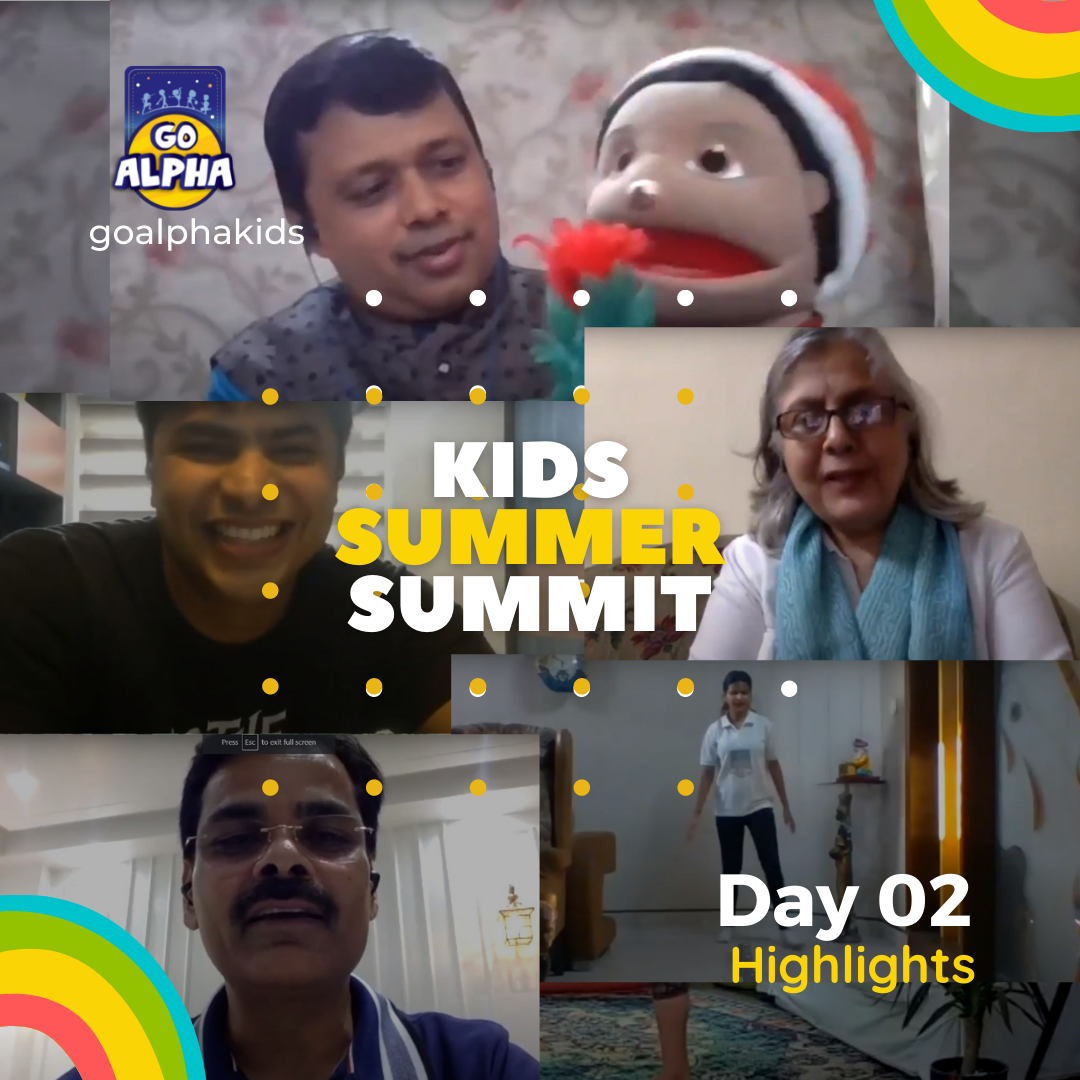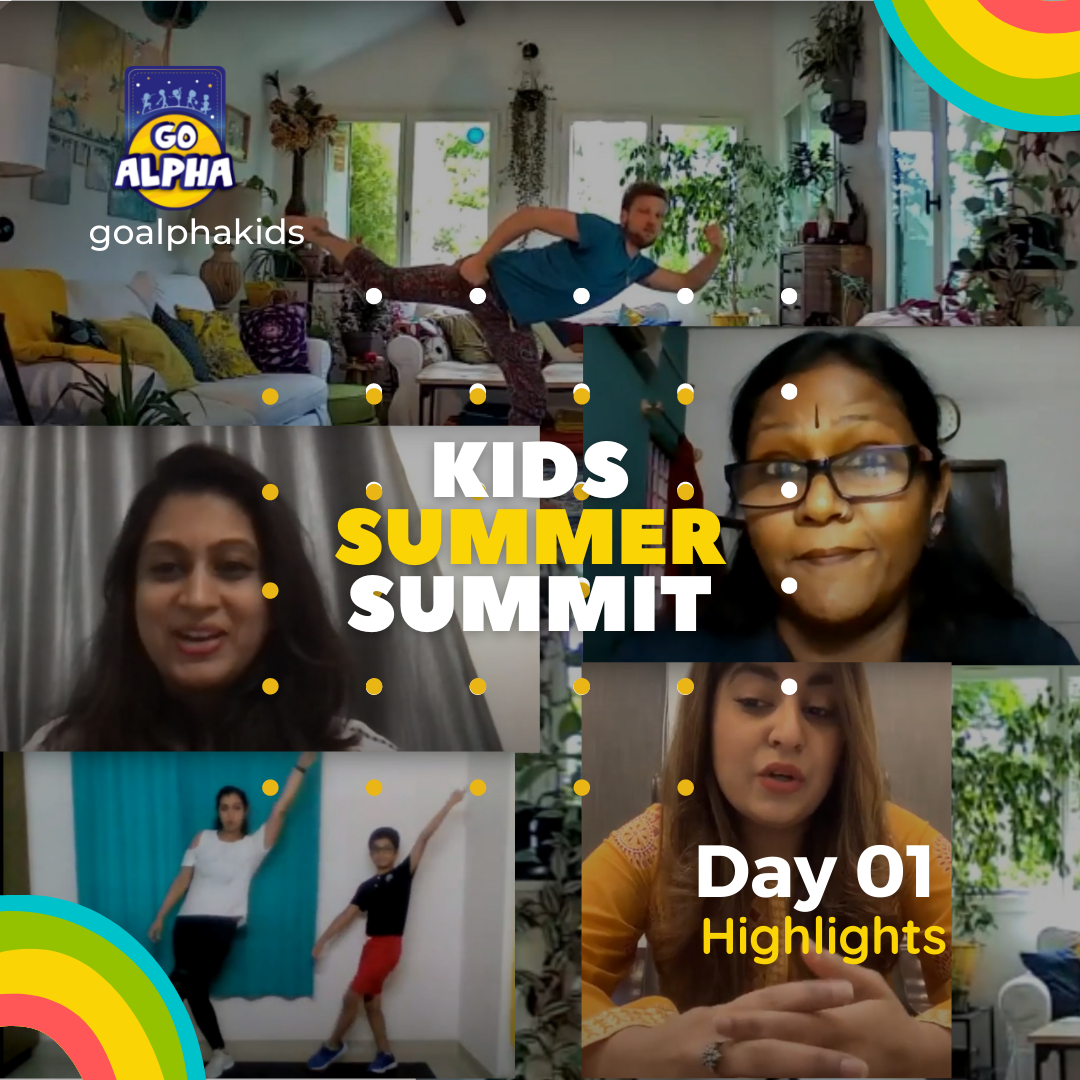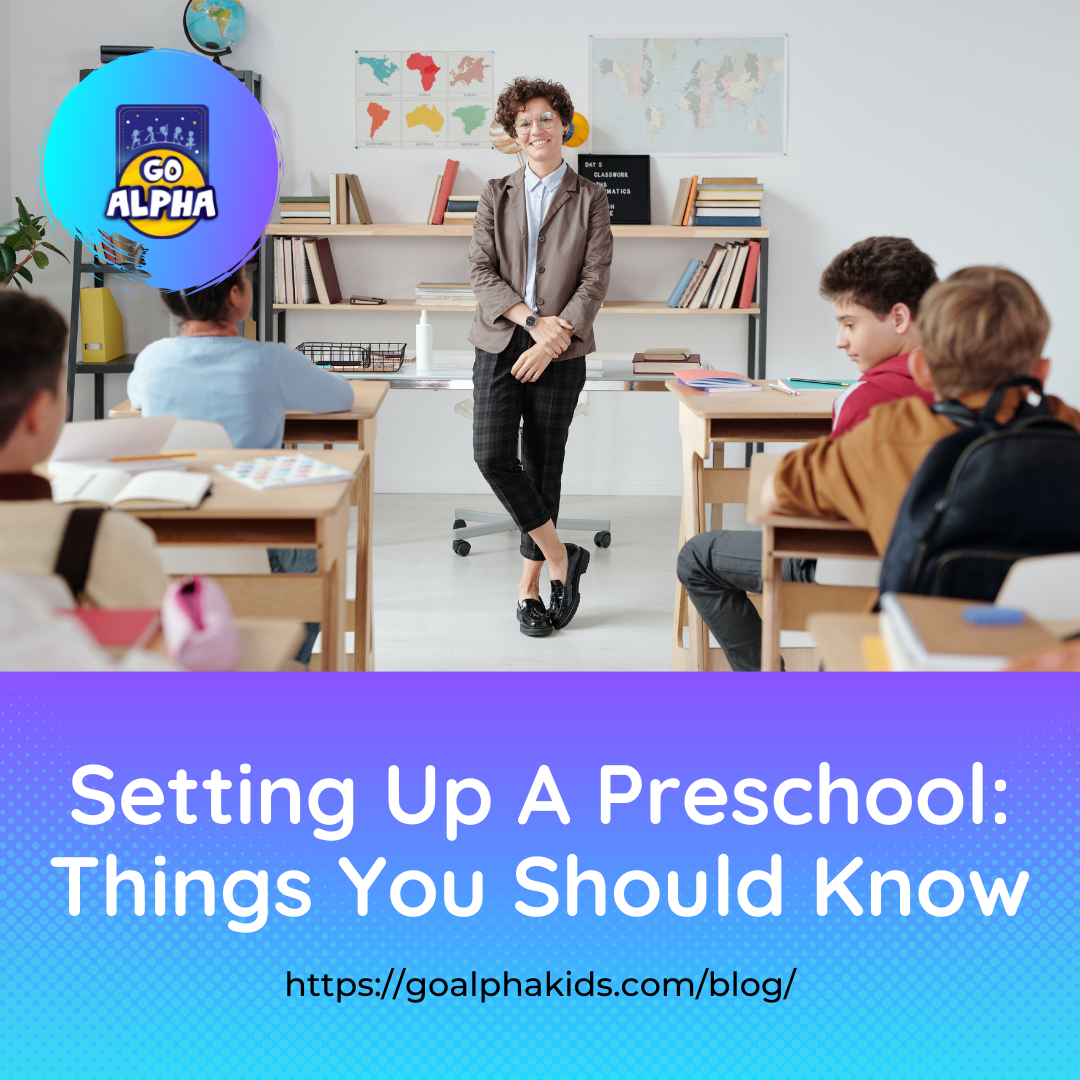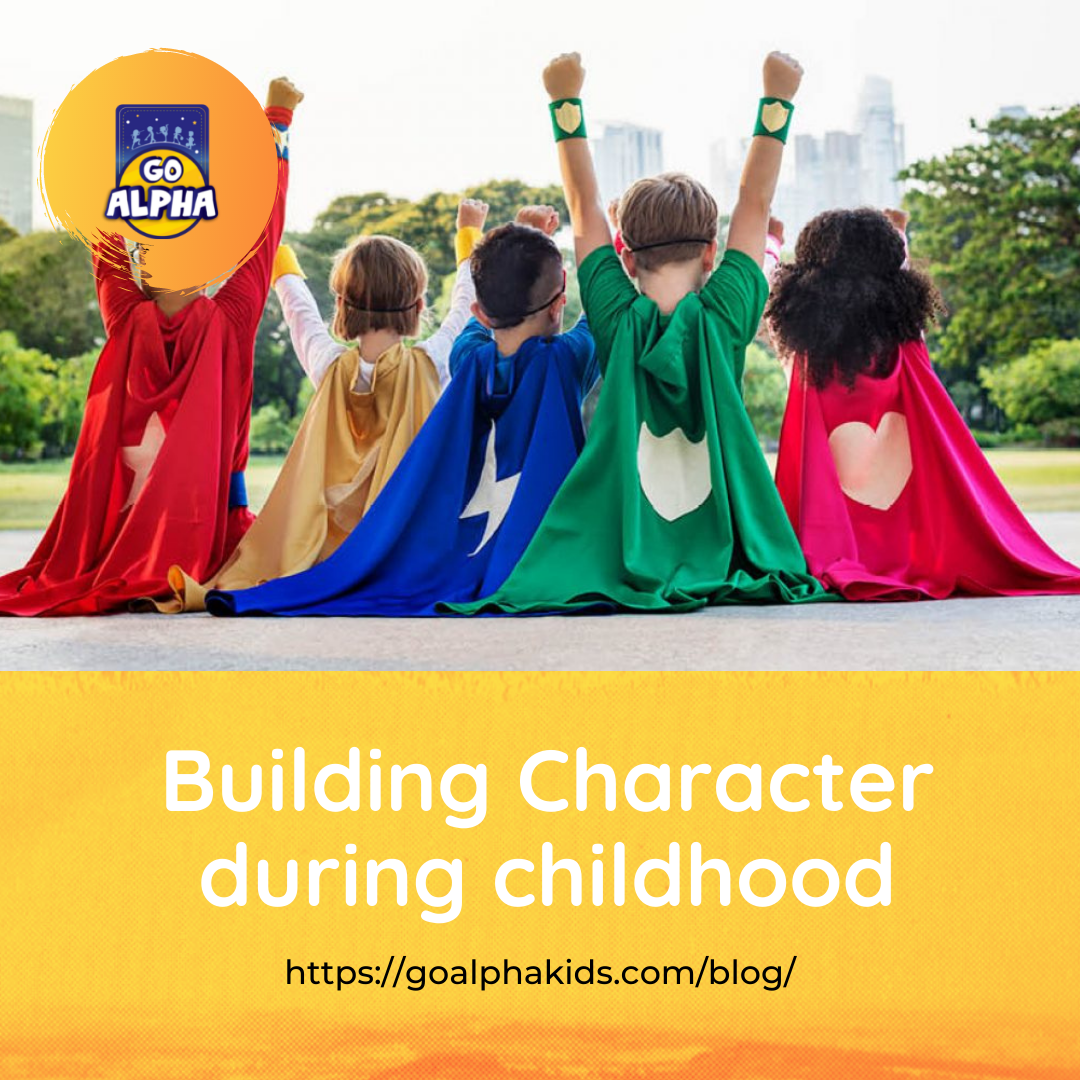

Teaching Through Stories
The world saw some of the most dynamic changes in all fields of human life in this pandemic. But even during these challenging times when everything had possibly toppled, human power emerged victoriously. Though the world came to a standstill with every activity coming to a halt yet as time proceeded, we adapted ourselves to the NEW NORMAL. We had slowly but smoothly changed our paradigms of working and standard of living during this unprecedented global pandemic.
STORYTELLING: AN UNCONSCIOUS AND SUBCONSCIOUS WAY OF LEARNING
The COVID-19 pandemic frightened everyone and brought a state of anxiety, especially among young children. They were soon introduced to terms like SOCIAL DISTANCING and LOCKDOWN and had to adapt themselves to a new world of being at home and indoors. It not only restricted their physical movement but also hampered their mental development as a whole. There are more than 2.2 billion children in the world who constitute approximately 28% of the world’s population. Those aged between 10 to 19 years make up 16 % of the world’s population (UNICEF, 2019), and the data reveals that the pandemic has affected the lives of children and adolescents in ways like never before.


In one of the preliminary studies during the ongoing pandemic, younger children (3-6years old) were more likely to manifest symptoms of clinginess, fear and isolation. It impacted them both physically and psychologically. However, let us not forget to be there for our young ones during these times when they need our support and guidance the most. So, what is the probable solution for this? What can we do to boost their morale and make them feel comfortable with the changes happening around them? Well, the answer to all these questions is quite simple yet critical. First, we have to understand the child’s psychology and how well they can cope with the prevailing situation. It is essential to stay connected throughout and provide them with a safe and protective environment.
In an attempt to resolve these issues and provide a better see through to all the parents struggling hard to ensure their toddlers are well trained and properly guided, a virtual summit organized by the Go Alpha Kids team which addressed by some of the prominent personalities in the field of education and child development. The session threw light upon the parents’ challenges and children during the lockdown and the kids’ problems during their studies.
HOW TO CONNECT WITH KIDS THROUGH VIRTUAL LEARNING
Due to the pandemic hitting our lives and all the educational institutions being closed, schools introduced the children to the online learning environment. It seemed a bit difficult to grab their attention and look after them intently. However, Parents can adopt several ways to make learning fun and knowledgeable at the same time, which includes:
- Present your best (online) self
- Use technology to your advantage.
- Find what inspires your students.
- Set goals and help students stick to them
- Keep it interactive
- Break down the lessons and make them digestible
- Make your students feel valued in more impactful results.
- Be patient with your students.
STORYTELLING: A New Form of Teaching?
Storytelling is one of the oldest and most effective forms of teaching. A well-told story enables the speaker (lecturer) and the listeners (students) to optimize the learning process by integrating cognition, emotion and imagination in the didactic process.
During the panel discussion on the topic, ‘How to engage kids in the new era,’ Mayank Solanki, a youth prodigy and an educationist, came up with the concept of storytelling to be reintroduced as an integral part of learning. He always emphasized the need to change our outlook and techniques of teaching to get more productive results. He believes that children could easily learn from stories whenever they get tired of studying theoretical subjects because stories don’t have a plan.
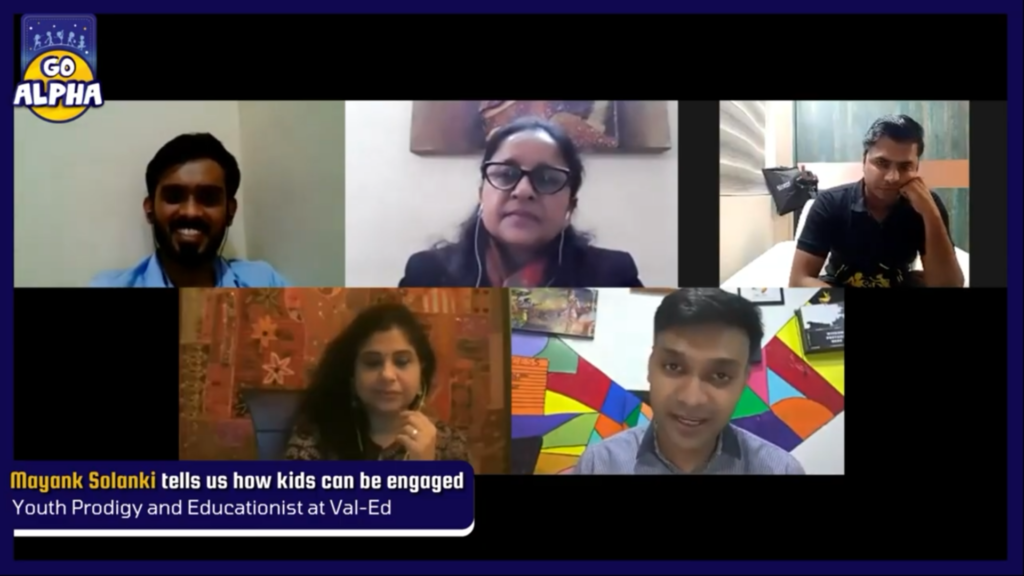

Storytelling can act as one of the most effective tools to educate children and strengthen their minds with some of the world’s most unique, meaningful and powerful stories.
CREATIVE AND ELABORATIVE WAYS TO TELL STORIES
Kids love to hear stories as they can easily understand, memorize and most importantly, conveniently picture them. Here are some of the ingenious and innovative tips that can be incorporated to deliver your stories successfully:
- Every Part Must Be Essential: they should not sound boring and repetitive at any point in time.
- Draw a theme out of your story: they should not be based on some vague idea or concept; instead, they convey strong messages.
- Please keep it simple: it should not have too many characters or details to avoid any complication during narration.
- Use vivid language that kids understand: Educators should avoid the involvement of either fancy or sombre words.
- Use dramatic pauses: if you pause at critical moments of the story, you give them a chance to think critically and hence activate their senses.
- Invite interaction: make them a part of your story and open a room of questions and answers for them.
WHY STORYTELLING MATTERS
Why are stories important to kids? What can be the hidden benefits of narrating thoughts and opinions in the form of novels?
Stories act as a medium, but the messages they articulate can be technical, social, conceptual, or life-oriented. They reinvigorate one’s mind and give a child a new perspective to pen down their thoughts and shape their future. Children in their early ages are curious, convincing and ready to explore new horizons in life. So, it becomes even more essential to concentrate on their psychological bend of mind and bring out the best in them.
Some skills that can be improved and taught to kids through storytelling:
- Introduces new vocabulary to children
- Enhances listening skills of children
- Storytelling is an excellent activity of learning.
- Storytelling can encourage the development of emotions and feelings in a child.
- It is about being in touch with cultural roots.
A NEW NORMAL IN THE FIELD OF LEARNING
It requires a lot of effort and diligence on the teacher’s part to deliver content and creative stories. Therefore, we should encourage our kids to pay attention during studies and get involved in a better understanding of thoughts, words and actions. If properly utilized, it can certainly act as a mighty tool to enhance and explore kid’s capabilities to unseen and infinite boundaries.
Image Source: Pexels
Written by Ishita
Related Blogs
FREE Sports class Demo at your preschool
Please fill the form to get more information and set up a FREE Go Alpha Demo at your preschool.
